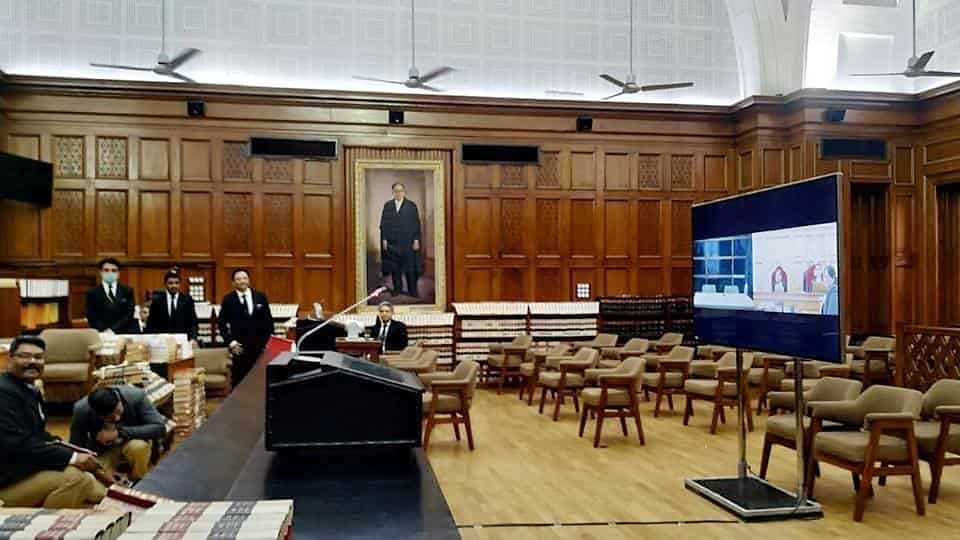In the recent decision of M.P. v. Certas Home and Auto Insurance Company, the License Appeal Tribunal has tackled the issue of whether attendant care expenses are incurred where a claimant’s “professional” attendant care provider is also a family member. Both sections 3(7)(e)(iii)(A) and 3(7)(e)(iii)(B) were in issue.
The Adjudicator held that the claimant’s wife, who was a Health Care Aid and who provided attendant care to the claimant did not do so in the course of her ‘ordinary’ employment because she provided the care to her husband outside her normal working hours. Similarly, the Adjudicator accepted that as the wife’s subsequent period of unemployment was unrelated to the accident as her services performed during that time were also not done in the course of her employment which she would ordinarily have been engaged but for the accident.
In M.P., the claimant’s wife was employed as a Health Care Aid at the time of the accident. It was agreed that her qualifications were sufficient for her to be considered a “professional” attendant care provider. After the accident, she continued to work as a Health Care Aid as she had prior to the accident as well as providing attendant care for her husband outside her normal working hours. Within 18 months of the accident, the claimant’s wife claimed that she had to stop working due to a medical problem she developed due to the increased demands of having to care for her husband. She began providing full-time care to the claimant seven days per week. The insurer argued that she stopped working due to a lack of available work and relied on a letter from the claimant’s counsel which stated as much. As a result there was no proof that she had sustained an economic loss.
According to section 3(7)(e)(iii)(A) of the SABS, an attendant care expense is “incurred” if the person who provided the services did so in the course of the employment, occupation or profession in which he or she would ordinarily have been engaged but for the accident.
In M.P. during the initial period after the accident until January 2015, Adjudicator Sewrattan found the claimant’s wife did not meet the “incurred” definition because she worked the same hours as she did before the accident and only cared for her husband in her spare time. The Adjudicator concluded that because she cared for her husband outside her normal working hours her services were not performed in the course of the employment, which she would ordinarily have been engaged but for the accident. The Adjudicator relied primarily on the fact that the claimant’s wife continued to work on the same basis after the accident as she had before and that the services to the claimant were provided when she was at home and would have provided the assistance in any event. The Adjudicator cites this as one of the underlying reasons for the changes to the definition of “incurred” that was articulated in Henry v. Gore; namely that the changes were implemented to prevent family members from being compensated for care that would have been provided without compensation in any event.
With respect to the period 18 months after the accident, the claimant argued that as his wife was forced to stop working to care for him when she would have ordinarily been able to work; therefore her services met the definition of “incurred” as per section 3(7)(e)(iii)(A) because they were provided in the course of her employment, occupation or profession in which she would ordinarily have been engaged but for the accident. The Adjudicator rejected the claim that she could not work due to a medical condition caused or exacerbated by caring for the claimant because it was not explicitly stated in her affidavit or corroborated by any medical documents. Moreover, the Adjudicator preferred the evidence relied upon by Certas to support that the claimant’s wife was unemployed due to a lack of work as evidenced by a letter from her husband’s legal counsel. As a result the Adjudicator concluded that the attendant care expenses were not “incurred” as the services provided by the applicant’s wife were not done in the course of her employment, occupation or profession which she would ordinarily have been engaged but for the accident.
According to section 3(7)(e)(iii)(B) of the SABS, an attendant care expense is “incurred” if the person who provided the services sustained an economic loss as a result of providing the goods or services to the insured person. In this case, the Adjudicator found insufficient evidence of such economic loss in light of the factual conclusions drawn.
This decision is a departure from Walsh and Echelon General Insurance Company, FSCO A15-007448 (August 31, 2016) which found that a professional service provider does not need to care for the claimant in his or her pre-accident working hours to meet the definition of “incurred”. In Walsh, the claimant’s wife assisted him with personal care after a motor vehicle accident. At the time she was employed as a personal support worker (PSW) and worked evening shifts. After the accident, she continued to work her evening shifts and cared for her husband during the day. Eventually, her employer granted her request to take an unpaid leave of absence specifically for the purpose of caring for her husband. Arbitrator Drory held that just because the claimant’s spouse was not at work when she cared for her husband did not mean that she was not in the course of the employment, occupation or profession in which she would ordinarily have been engaged.
The M.P. case creates uncertainty about the issue of whether professional caregivers who family members are providing service outside of their normal working hours will satisfy the definition of “incurred”. This decision provides an alternative framework to analyze the definition of incurred as it places a greater emphasis on the premise that people will not be compensated for work that they would have performed in any event without compensation.
See M.P. v. Certas Home and Auto Insurance Company , 2017 CanLII 9810 (ON LAT)




